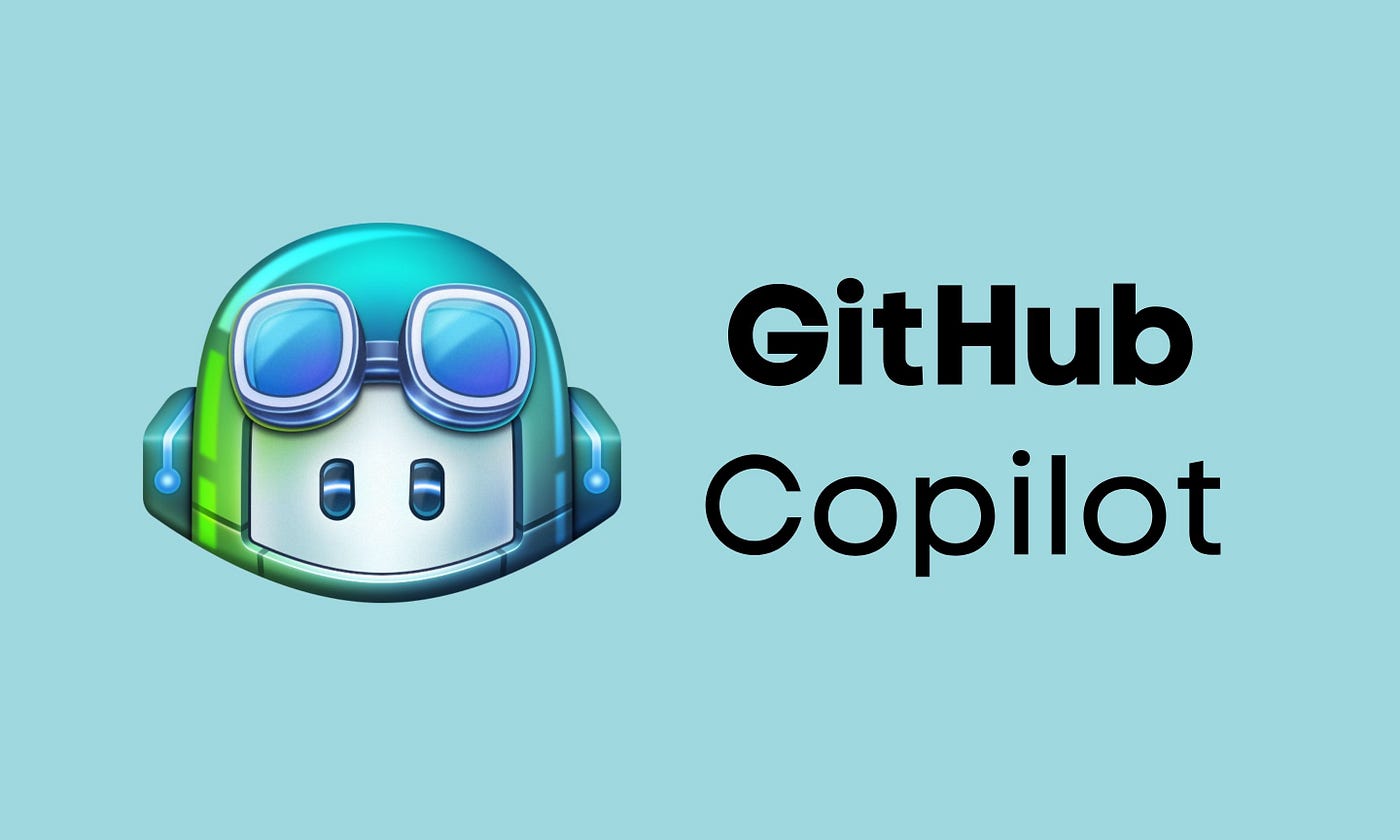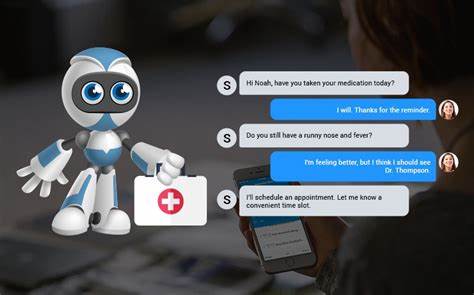GitHub unveils Copilot Workspace, an AI-powered dev environment for code generation & planning.
Does software development envision an IDE powered by AI in the future? GitHub is proposing the concept.
Early this autumn, before its annual GitHub Universe conference in San Francisco, GitHub unveiled Copilot Workspace. This development environment utilizes “Copilot-powered agents” to assist developers with natural language code generation, planning, construction, testing, and execution.
Jonathan Carter, the leader of GitHub Next, the software research and development team of GitHub, presents Workspace as a progression from Copilot, an AI-driven coding assistant powered by GitHub, towards a more comprehensive instrument. This progression is facilitated by incorporating newly introduced functionalities such as Copilot Chat, which enables developers to pose inquiries regarding code using natural language.
Carter stated, “Our research revealed that the most challenging aspect for developers in many tasks was getting started, specifically in terms of understanding how to approach a coding problem, which files for editing, and how to weigh the trade-offs of multiple solutions.” Our objective was to develop an AI assistant that could engage developers during the ideation or tasking phase, minimize the activation energy required to commence, and subsequently assist them in collaborating on the essential modifications throughout the codebase.
As of the most recent tally, Copilot had over 1.8 million paying individual customers and 50,000 enterprise customers. However, Carter foresees a significantly broader clientele, attracted by feature expansions that possess universal appeal, such as Workspace.
Carter stated, “Since developers spend a significant amount of time working on [coding issues], we believe that through a ‘thought partnership’ with AI, we can empower developers daily.” “Copilot Workspace functions as a supplementary development and experience environment, augmenting preexisting tools and workflows while streamlining a category of developer responsibilities […] Our firm conviction is that a great deal of value can be generated within an AI-native developer environment that is not limited by established workflows.
Undoubtedly, an internal incentive exists to ensure that Copilot is profitable.
A Wall Street Journal report states that Copilot loses an average of $20 per user per month, with some clients costing GitHub as much as $80 per month. In addition, the quantity of competing services continues to increase. Late last year, Amazon made CodeWhisperer accessible to individual developers. Firms such as Tabnine, Laredo, Codegen, and Magic exist.
When provided with a GitHub repository or a specific defect within it, Workspace, which OpenAI’s GPT-4 Turbo model supports, can generate a strategy to (attempt to) squash a specific bug or implement a new feature based on an analysis of the repository’s comments, issue replies, and larger codebase. In addition to a list of the requirements to validate and test the suggested code for the new feature or bug fix, developers are provided with controls to modify, save, refactor, or undo the code.

The proposed code may be executed in the Workspace or disseminated among team members through an external link. Once in Workspace, those team members can modify and refine the code as appropriate.
Perhaps the most apparent method is to launch Workspace from the newly added “Open in Workspace” button to the left of issues and pull requests in GitHub repositories. By selecting it, a dialogue box appears in which the software engineering task to be executed can be described in natural language. For instance, it could read, “Add documentation for the changes in this pull request.” Once the task is completed, it is appended to a list of “sessions” in the newly designated Workspace view.

Working methodically, Workspace carries out requests by generating a plan, establishing a specification, and executing the plan sequentially. Developers may examine any of these stages in detail to obtain a granular understanding of the suggested changes and code and may delete, rerun, or rearrange the steps as required.
Carter stated, “If you ask any developer where they frequently get stuck with a new project, they will likely say it’s deciding where to begin.” “Copilot Workspace alleviates this burden and provides developers with an iterative plan.”

Monday marks the entry of Workspace into technical evaluation; it is optimized for multiple devices, including mobile.
Workspace is not protected by GitHub’s IP indemnification policy, which reimburses customers for legal expenses incurred in response to third-party claims that the AI-generated code they utilize violates intellectual property rights because it is in preview status. (Generative AI models tend to discard their training datasets, and GPT-4 Turbo was partially trained using copyrighted code.)
GitHub has not yet determined the Workspace’s productization strategy; however, the company plans to “learn more about the value it provides and how developers utilize it” through the preview.
I believe the more significant inquiry is whether Workspace will resolve the existential concerns surrounding Copilot and other AI-powered coding tools.
GitClear, the developer of the code analysis tool of the same name, discovered through an examination of more than 150 million lines of code committed to project repos over the past several years that Copilot caused code maintainers to experience more difficulties by pushing more erroneous code to codebases and re-adding more code rather than reused and streamlined.
Security researchers in another jurisdiction have cautioned that Copilot and comparable tools have the potential to magnify preexisting vulnerabilities and security concerns within software development endeavors. Moreover, according to Stanford research, programmers who follow the recommendations of AI-powered coding assistants generate less secure code on average. (GitHub emphasized to me that in addition to an optional code duplication filter, it employs an AI-based vulnerability prevention system to inhibit the execution of insecure code and to identify regurgitations of public code.)
However, developers do not veer away from AI.
According to a June 2023 StackOverflow survey, 44% of developers currently employ AI tools in the development process, while 26% intend to do so shortly. By 2028, 75% of enterprise software engineers will utilize AI code assistants, according to Gartner.
By prioritizing human review, Workspace may be able to help remediate some of the chaos that AI-generated code has introduced. We shall discover the answer as soon as Workspace is distributed to developers.
Carter stated, “Our principal objective with Copilot Workspace is to utilize AI to simplify matters, allowing developers to explore and express their creativity more freely.” “We firmly believe that the synergy between human and AI intelligence will invariably yield superior results compared to either AI or human alone. Copilot Workspace represents our bet on this notion.”



